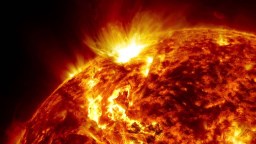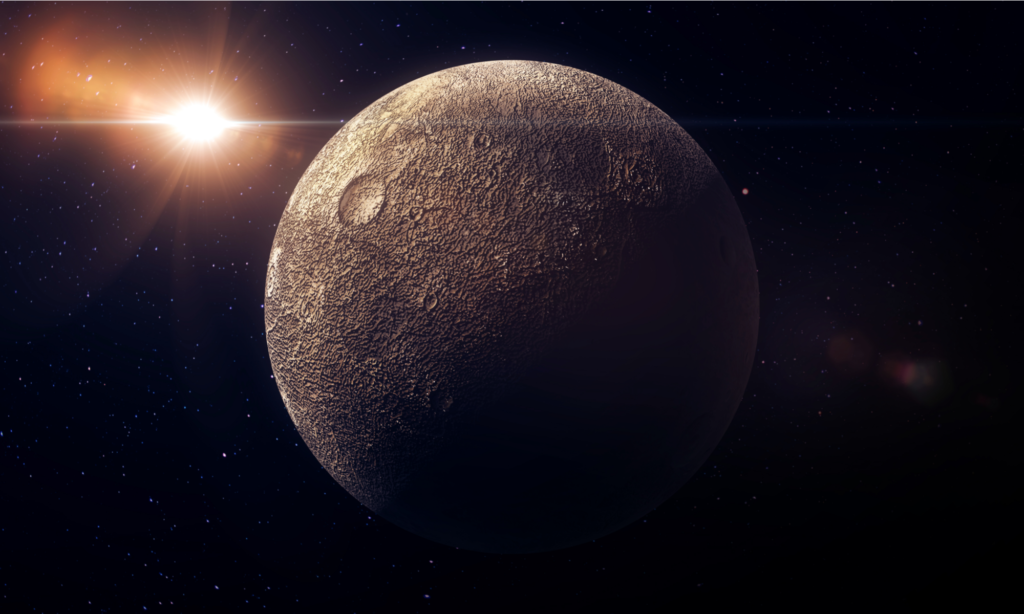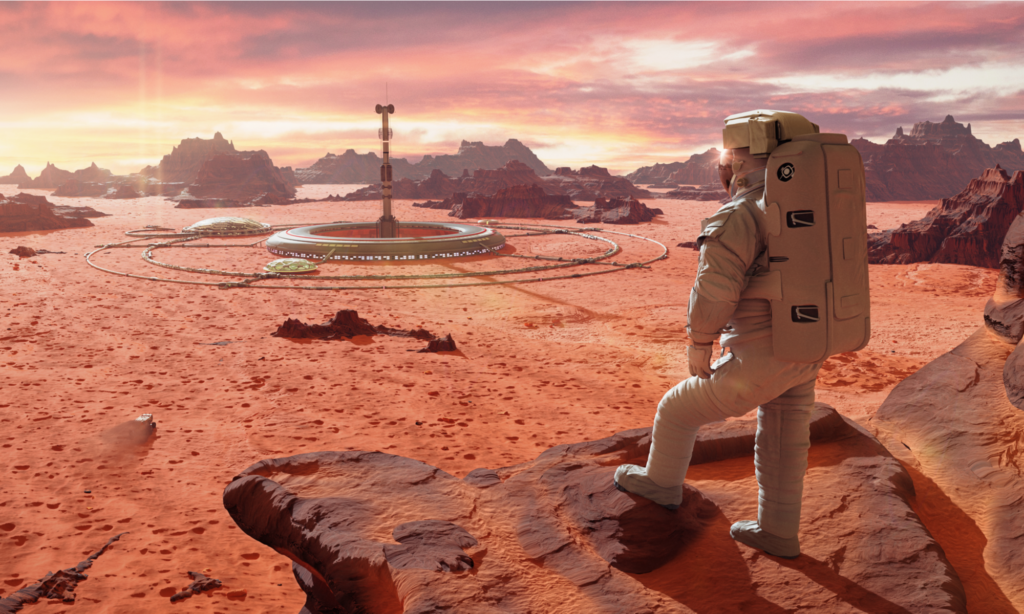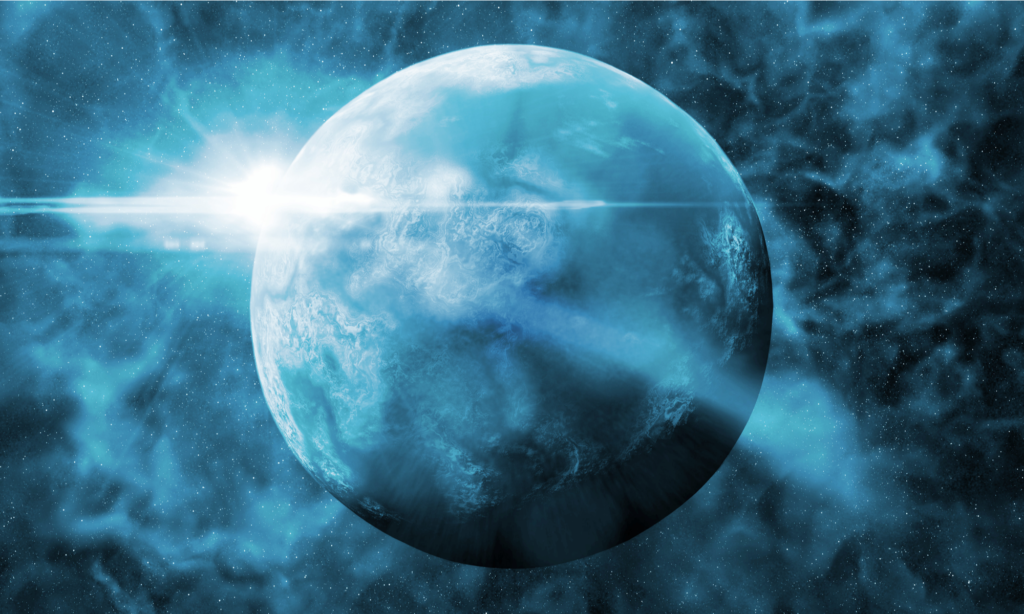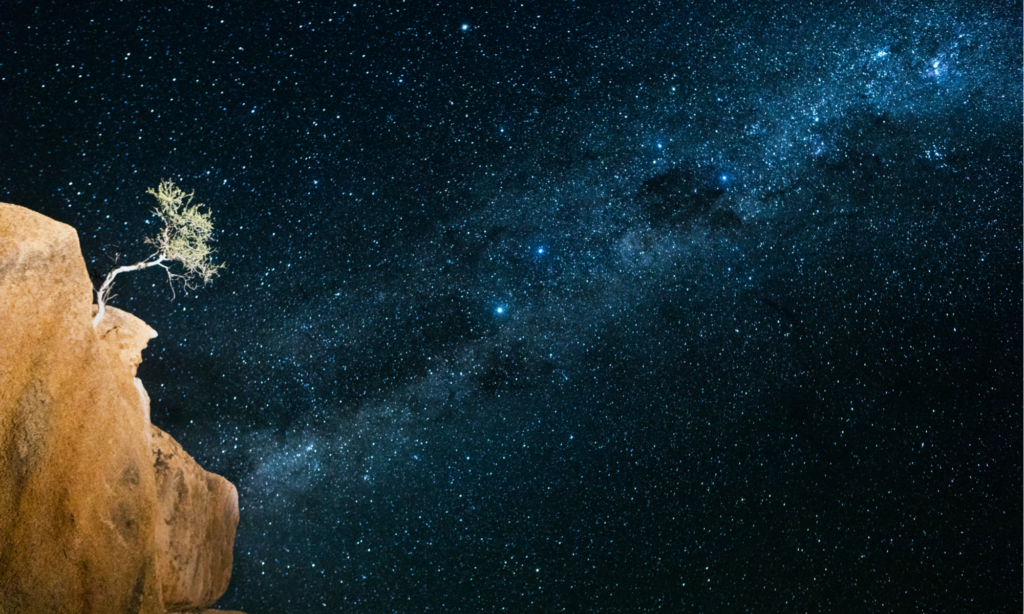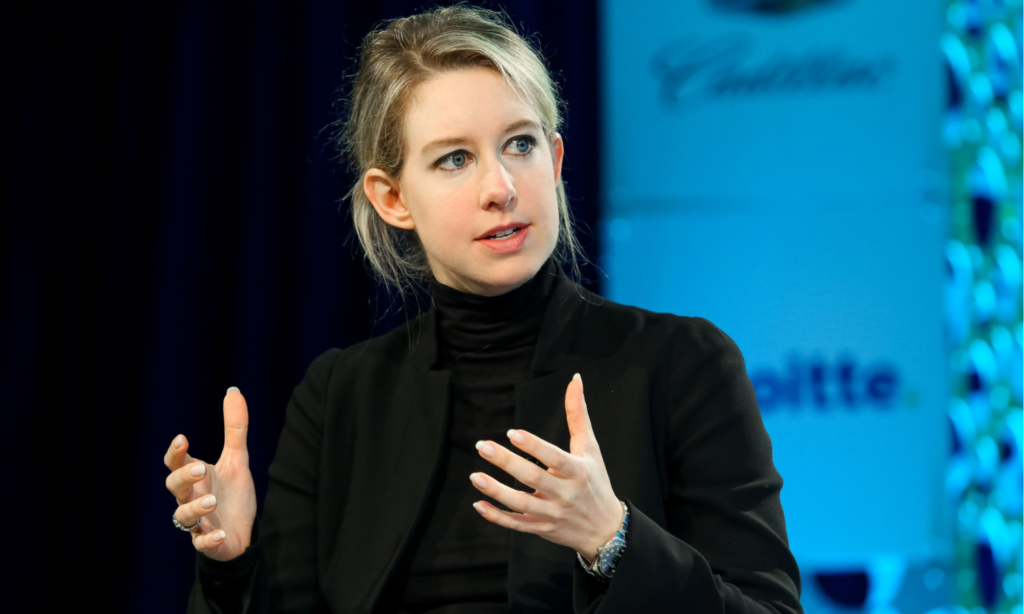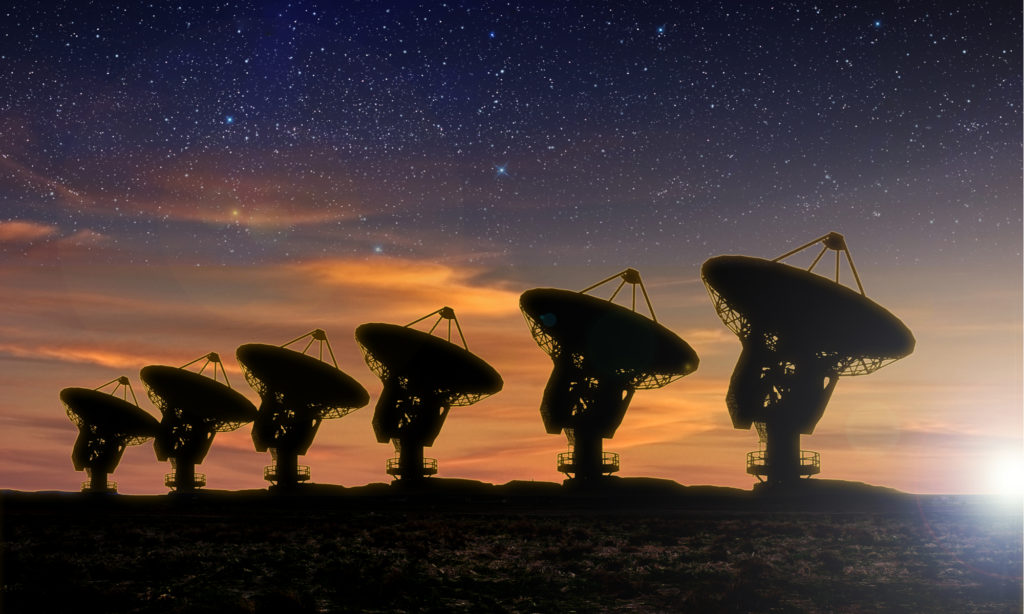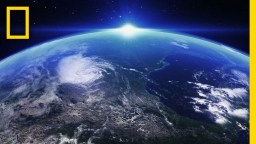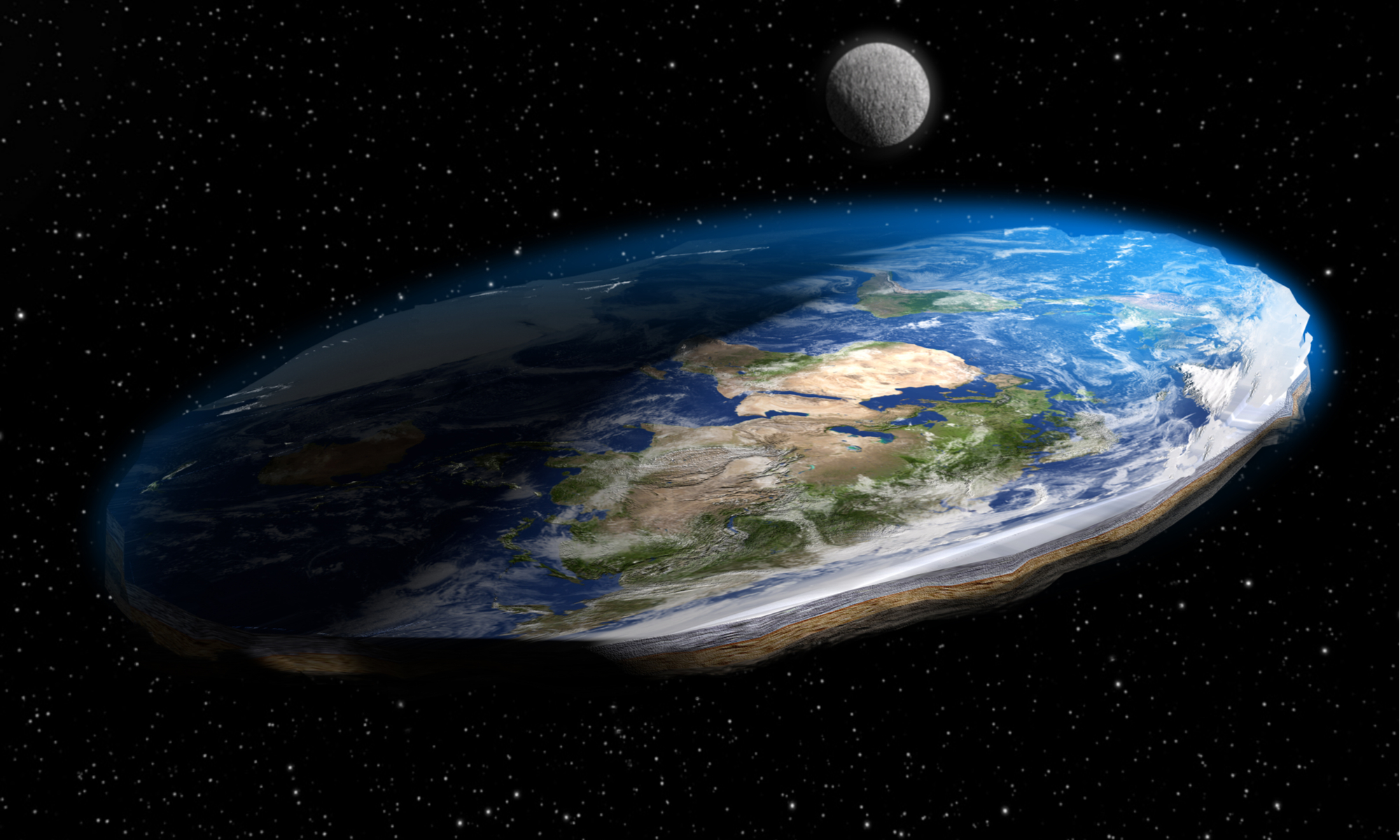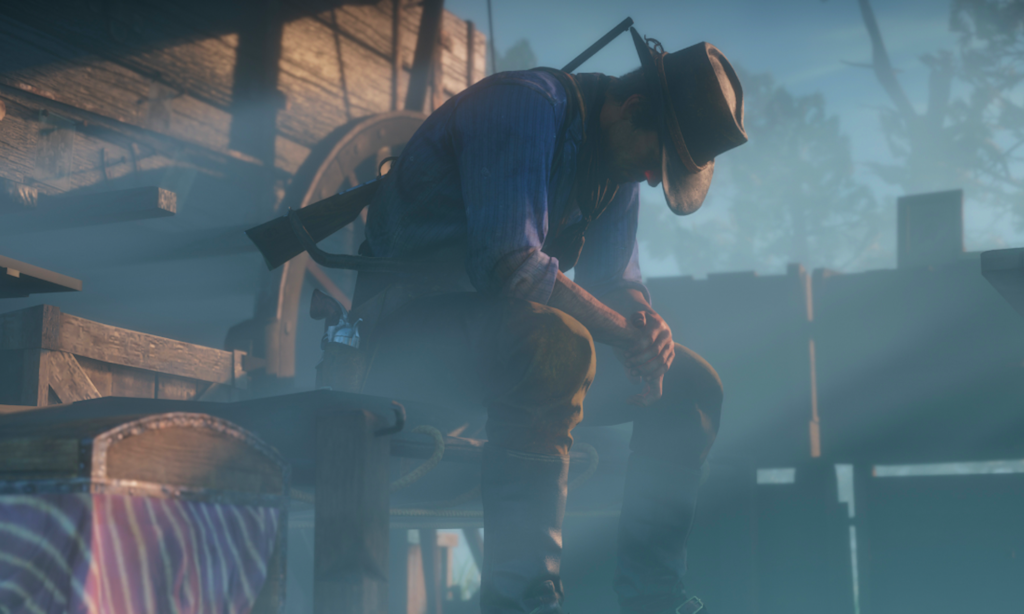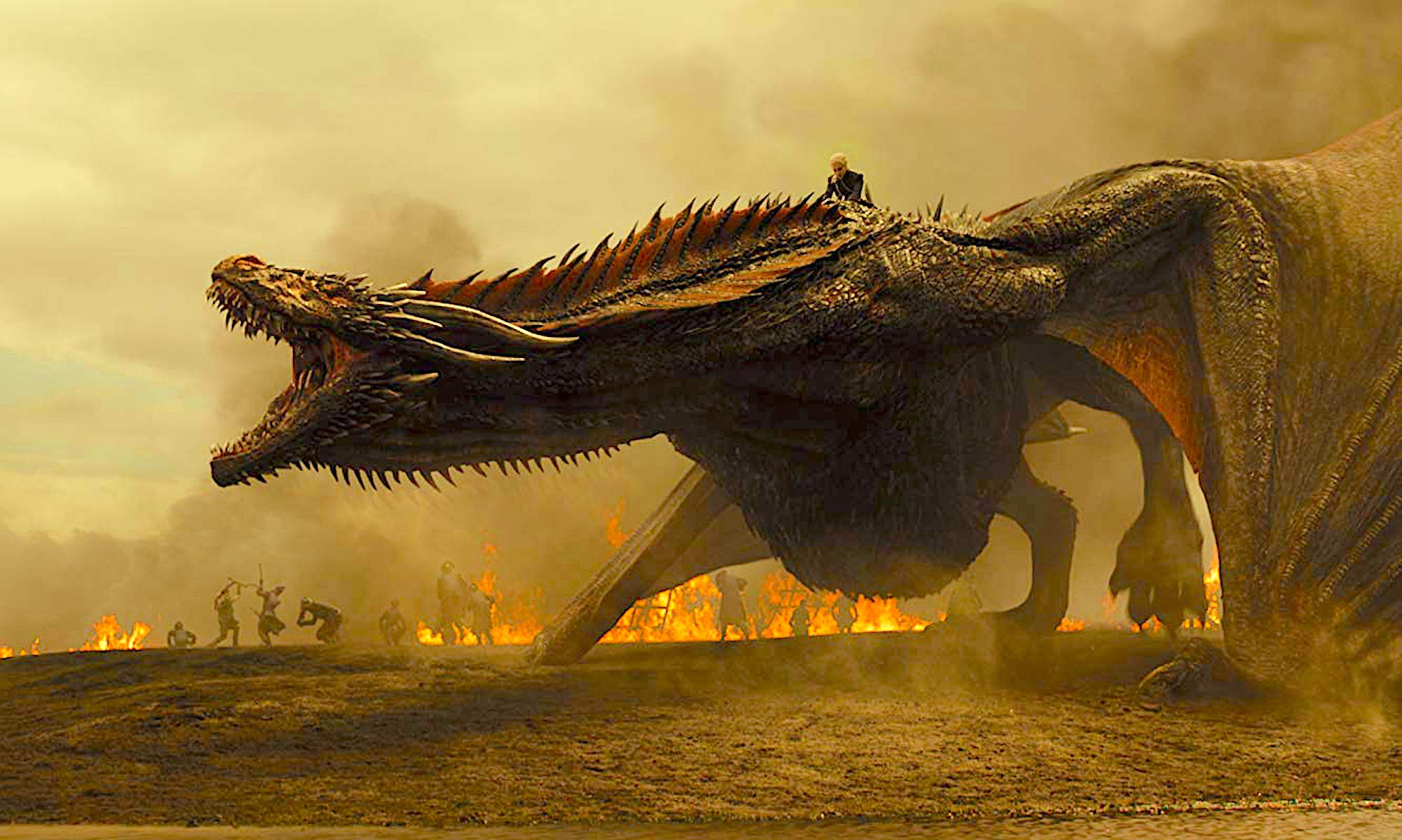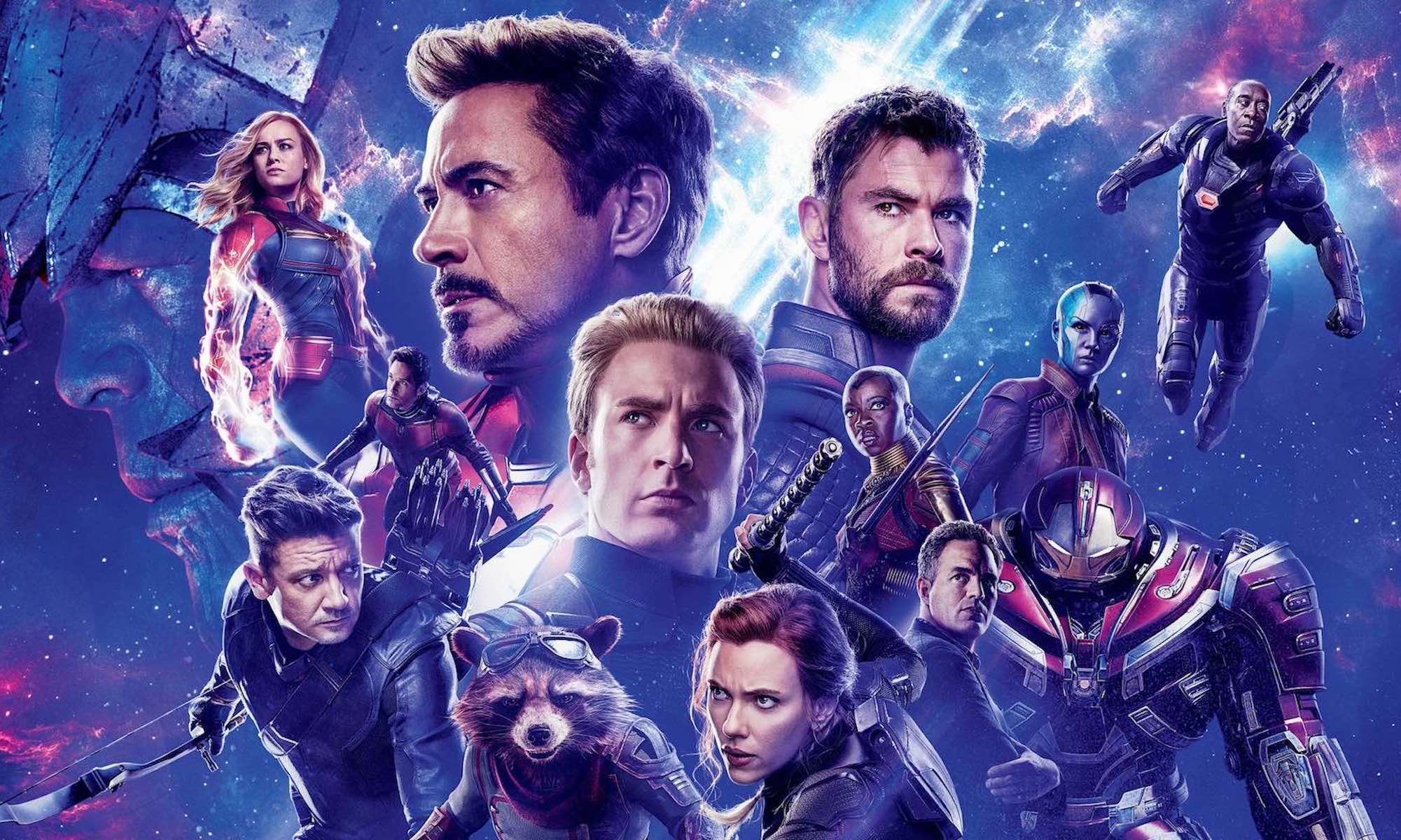Adam Frank
Astrophysicist
Adam Frank is a professor of astrophysics at the University of Rochester and a leading expert on the final stages of evolution for stars like the sun. Frank's computational research group at the University of Rochester has developed advanced supercomputer tools for studying how stars form and how they die. A self-described “evangelist of science," he is the author of four books and the co-founder of 13.8, where he explores the beauty and power of science in culture with physicist Marcelo Gleiser.

With the rise of Big Data, methods used to study the movement of stars or atoms can now reveal the movement of people. This could have important implications for cities.
Reductionism offers a narrow view of the Universe that fails to explain reality.
Sometimes, moral lessons can be learned from blowing away zombies.
Differences in the way that the Hubble constant—which measures the rate of cosmic expansion—are measured have profound implications for the future of cosmology.
Hunter-gatherers probably had more spare time than you.
75 years after Erwin Schrödinger’s prescient description of something like DNA, we still don’t know the “laws of life.”
Spirituality can be an uncomfortable word for atheists. But does it deserve the antagonism that it gets?
Even diehard fans are experiencing superhero exhaustion. But it’s not impossible to do something original.
Three lines of evidence point to the idea of complex, multicellular alien life being a wild goose chase. But are we clever enough to know?
“The Expanse” is the best vision I’ve ever seen of a space-faring future that may be just a few generations away.
The opening lines of Smartmatic’s $2.7 billion lawsuit against Fox News lay bare the culture of denial in the US.
Adam Frank, a card-carrying atheist and physics professor, wonders if there might be more to life than pure science.
Welcome to the 13.8 relaunch, a new Big Think column led by physicists and friends Adam Frank and Marcelo Gleiser.
Observing the great gas giant helps me to keep important things in perspective.
▸
with
Since the late 1800s, what we know has advanced light years ahead.
The process of digging into hard questions makes the moment of discovery all the more satisfying.
Superposition, entanglement, qubits, and Google’s big announcement.
Colonizing the Red Planet isn’t a bad idea in theory. But . . .
We’re bored, and we’ve lost our ability to be awestruck and amazed. Let’s fix that.
The collapse of Theranos reminds us that in science, facts have the last word.
When we send messages to the stars, just what are we getting ourselves into?
Documentary explores astrobiology, astronauts, and the awe of it all.
▸
with
The resistance movements may be more about identity than science.
An astrobiologist joins a like-minded global community in ramping up the search.
▸
with
The realism of video games takes storytelling to another level.
TV’s shared cultural “now” moments embody the intersection of time and tech.
The Avengers movies have done a marvelous job melding science and story.













